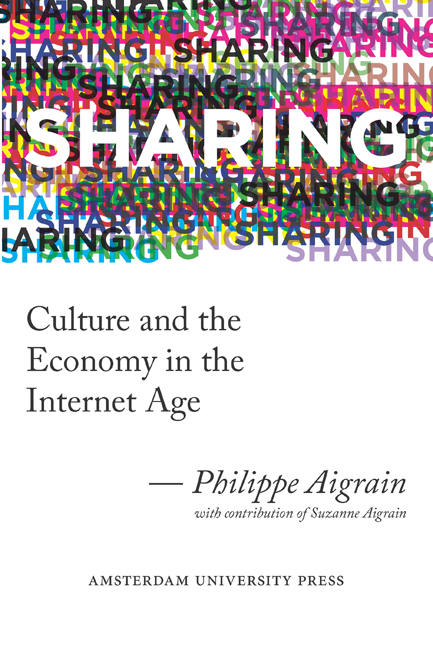4 - Sustainable Resources for Creative Activities
Published online by Cambridge University Press: 19 January 2021
Summary
There exists a caricatural view of the Internet, which prevents a constructive reflection on financial resources for creative activities and culture. Those who adopt this view see the development of on-line non-market sharing as a black hole that would swallow up the cultural economy whole, and with it culture itself. They also imagine that the Internet could become an Eldorado for new cultural industries to flourish in, as long as the scarcity of copies of works which is the rule in the realm of physical carriers would also be enforced in the digital sphere. Ms. Christine Albanel, the former French Minister for Culture, expressed this view in its purest form in the explanatory memorandum for her 2008 “Internet & Creation” bill: It is now possible to turn digital networks, for the benefit of consumers, into a true dematerialized goods distribution tool, particularly in the cultural arena. This will only be possible, however, if intellectual property rights are respected. Yet, at the same time, the conditions for the creation of these works have never been more threatened. In 2006, billions of pirated files containing musical and audiovisual works were exchanged in France. We address this view in further detail in Chapter 11.
The reader will by now have understood that we view the notion of maintaining the scarcity of copies as not only impossible, but downright harmful, as it seeks to dispossess individuals of the capabilities which are crucial for the construction of a shared culture. As for the black hole scenario, it is factually erroneous: whatever negative impact results from the development of non-market sharing will be limited, and will affect only certain forms of cultural economic activities and sources of income for authors, whilst others will be affected positively. Before detailing how we would propose to finance a file sharing compatible creative ecosystem, let us briefly take stock of the state of fact-finding on the impact of file sharing. This will clarify further why we do not view it as a problem to be removed, but as a vital part of the creative economy of the future.
Of the commentators who are still proclaiming that cultural creativity is being bled dry, most use music as their preferred example.
- Type
- Chapter
- Information
- SharingCulture and the Economy in the Internet Age, pp. 49 - 56Publisher: Amsterdam University PressPrint publication year: 2012



